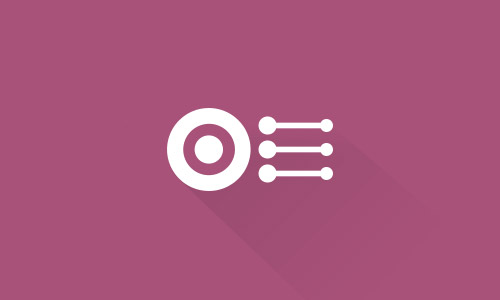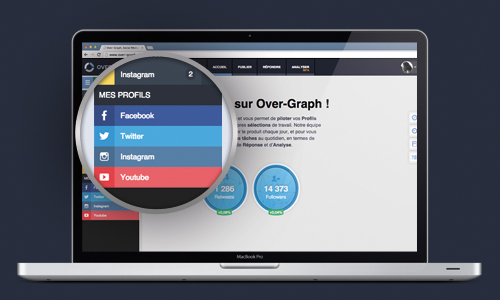This is the last part of our series on the RESPOND tool used for multi-social networks we offer. It addresses the advanced and specific functionalities to filter exchanges from your communities.
As mentioned in the first article of the series (http://blog.over-graph.com/mastering-the-respond-tool-part-1/), Over-Graph retrieves private messages, comments, posts on your pages and mentions from social media (Facebook, Twitter, LinkedIn, YouTube, Instagram). The communities’ exchanges are aggregated in feeds aimed at centralizing the different exchanges, making it easier to choose whether to respond or moderate them.
The feeds can be personalized and filtered on the basis of your needs and habits.
This elaborate filtering system is made up of many elements from which you can build and save viewing templates.
- Filter by social media network,
- Filter by content format (links, images, texts, videos),
- Filter by message status (read, unread, commented on and/or responded to),
- Filter by personalized tags. For each message, you can associate one or more tags. Those tags can be used to filter the exchange flows. E.g. place a SAV tag on messages relating to claims to ensure a faster and better answer and follow-up of those types of exchanges.
- Filter by keyword or hashtag.
- Filter using a date range.
After selecting your filters, you can apply them to your feed to personalize your view. Each filter combination (read messages + HELP tag for example) is considered a unique “view”. Those views can either be for a single use or saved.
This wide range of filters will be enhanced in the future but already truly adds value to our RESPOND tool. Concretely, with the exchanges retrieved and presented in a single feed, moderating and responding are simpler tasks to accomplish.
Using the filters, you have access to additional functionalities to quickly sort messages and adequately respond to them. You can organize your tasks and prioritize messages. Finally, you can follow your communities’ reactions to your public campaigns (mentions, comments about a specific hashtag used, etc.).
Find our other articles on multi-social networks responses, its finality and its concrete application in Over-Graph:
- Reciprocal communication framework or, the necessity of responding!
- Mastering the RESPOND tool (part 1): displaying exchanges – messages feed
- Mastering the RESPOND tool (part 2): how to respond from Over-Graph?


